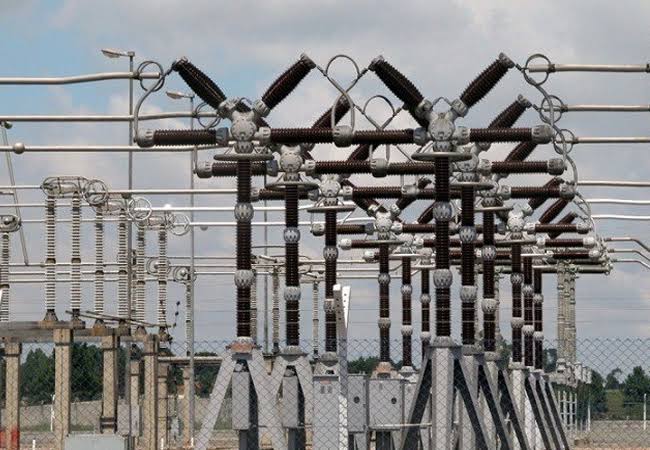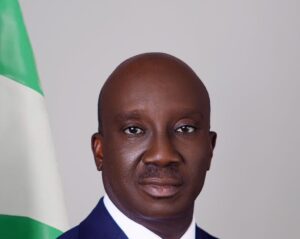The Enugu State Electricity Regulatory Commission (EERC) has defended its decision to reduce electricity tariffs and pushed back against the Nigerian Electricity Regulatory Commission (NERC), insisting that the federal agency no longer has the power to control power distribution within states.
This follows EERC’s recent move to lower Band A electricity rates from ₦209 to ₦160 per kilowatt-hour. In response, NERC warned that states must either reflect national wholesale costs in their tariffs or be prepared to fund the shortfall themselves through subsidies.
But EERC fired back, arguing that recent constitutional amendments and the Electricity Act of 2023 give states full regulatory control over electricity distribution within their borders. It said the federal government’s role now stops at generation and transmission.
“The Constitution clearly gives states the right to legislate on electricity distribution,” the commission said, adding that NERC is relying on outdated laws tied to the former centralized power system.
EERC also dismissed claims that the tariff cut was unrealistic or politically driven. Instead, it said the new rates were based on detailed cost reviews from MainPower Electricity Distribution Limited, using national pricing benchmarks for generation and transmission.
The commission stressed that the national subsidy system remains intact and that its tariff decision does not undermine federal arrangements. It also accused NERC of misrepresenting the data and process behind its pricing decision.
However, the spokesperson for Nigeria’s power distribution companies, Sunday Oduntan, said Enugu lacks the right to reduce tariffs unless it funds the gap. He argued that full pricing authority would only apply if the state begins generating its own electricity, hinting at the state’s coal potential.
The dispute highlights rising tensions over who holds ultimate control in Nigeria’s evolving electricity market as more states assert autonomy under the reformed legal framework.











